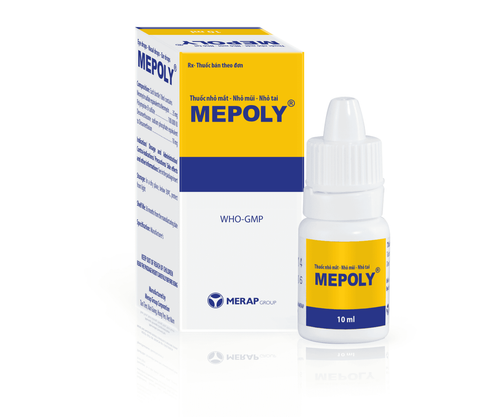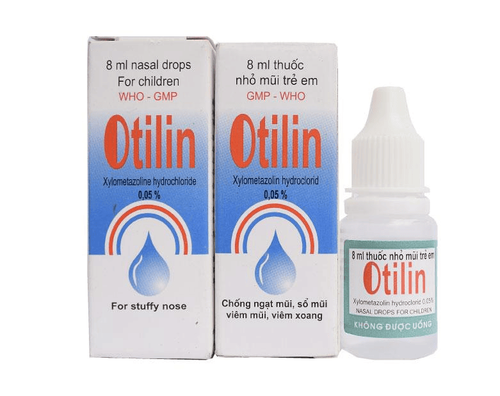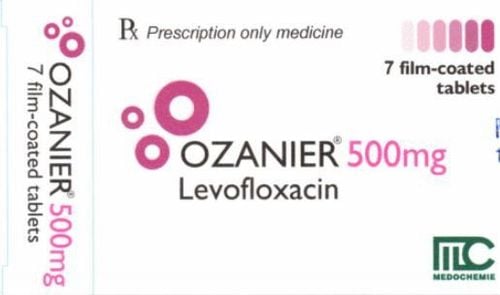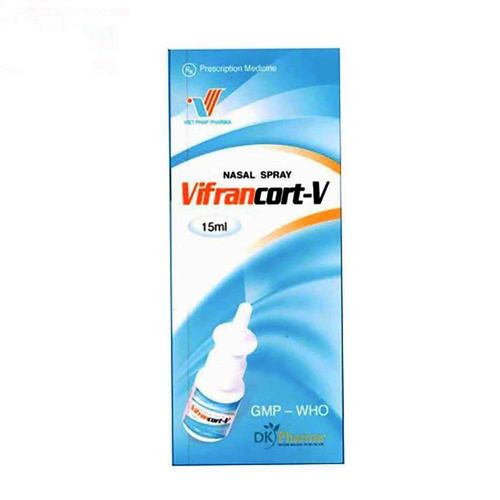This is an automatically translated article.
The article was professionally consulted with Master, Doctor Nguyen Nam Phong - Pediatrician - Department of Pediatrics - Neonatology - Vinmec Phu Quoc International General Hospital.Endoscopic sinus surgery is a special and relatively important indication, often applied in sinus pathologies such as sinus infections. However, the target group such as the elderly or children will limit the use of this type of surgery and only focus on medical treatment.
1. What is endoscopic sinus surgery?
Developed in the 1950s, transnasal sinusoscopy has dramatically changed the assessment and treatment of sinus disease. This instrument provides clear images of structures in the nose and sinuses, and is used both in the operating room and in the clinic. Functional Endoscopic Sinus Surgery (FESS) is a minimally invasive method of entering the sinus cavities by using a transnasal endoscope to widen the nasal passages of the paranasal sinuses for improved improvement. Sinus ventilation, dissection, removal of tumors, polyps or removal of deviated nasal septum and correction or replacement with an artificial septum.This surgical method has many outstanding advantages such as:

2.When is endoscopic sinus surgery needed?

Chronic rhinosinusitis. Nasal polyps. Medical treatment failed. Recurrence 4 or more times a year, affecting daily activities and work. Complicated acute rhinosinusitis.
3.What to prepare before endoscopic rhinoplasty?
Careful and serious preparation before performing endoscopic sinus surgery is an important step that can determine the success rate of surgery. Before performing this surgery, the patient should:Fast for at least 6 hours. Do not take aspirin or pain relievers containing salicylate at least 10-14 days before surgery because aspirin increases bleeding. Do not take nonsteroidal anti-inflammatory drugs (ibuprofen, naproxen, Advil, Motrin, Aleve, and others) at least five days before surgery because these drugs will also increase the risk of bleeding.

4. Some complications after surgery
Despite the relatively low rate of complications and postoperative complications, endoscopic sinus surgery still has certain risks:The most common complication of endoscopic sinus surgery is cerebrospinal fluid leakage. . Other risks of surgery include infection, bleeding, double vision that usually lasts several hours, numbness of the front teeth, orbital hematoma, decreased sense of smell... Blindness is the most serious complication of endoscopic surgery. rhinoplasty, and is the result of damage to the optic nerve during surgery.
5. Care after endoscopic sinus surgery
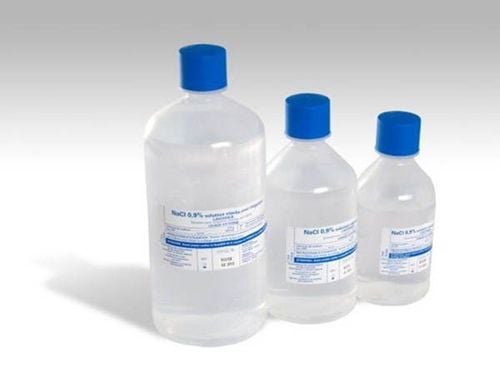
After going home for the first week, the patient will have flu-like sensations and swelling. Sputum and secretions from the nose will appear after surgery for about 3 months, so the patient should not be too worried.
You can reduce discomfort as well as limit the risk of infection, speed up the recovery process by:
Use physiological saline to clean the nasal area for about 2-3 weeks Stop using stimulants hobbies such as alcohol, beer, tobacco,... Limit heavy work or intense exercise such as gym, swimming, soccer, ... that affect health Do not expose to diseases patients with colds and flu Avoid blowing your nose too hard and cleaning your nose too many times Take the right medicine prescribed by your doctor, do not arbitrarily change the type, dose and duration of medication Avoid exposure to a polluted environment , lots of smoke. Endoscopic sinus surgery is a modern and advanced surgical method that eliminates many diseases in the sinuses thoroughly. However, to ensure a favorable surgical process as well as limit the risk of bleeding and complications, you need to have serious preparation and proper postoperative care under the guidance of the doctors.
Please dial HOTLINE for more information or register for an appointment HERE. Download MyVinmec app to make appointments faster and to manage your bookings easily.





